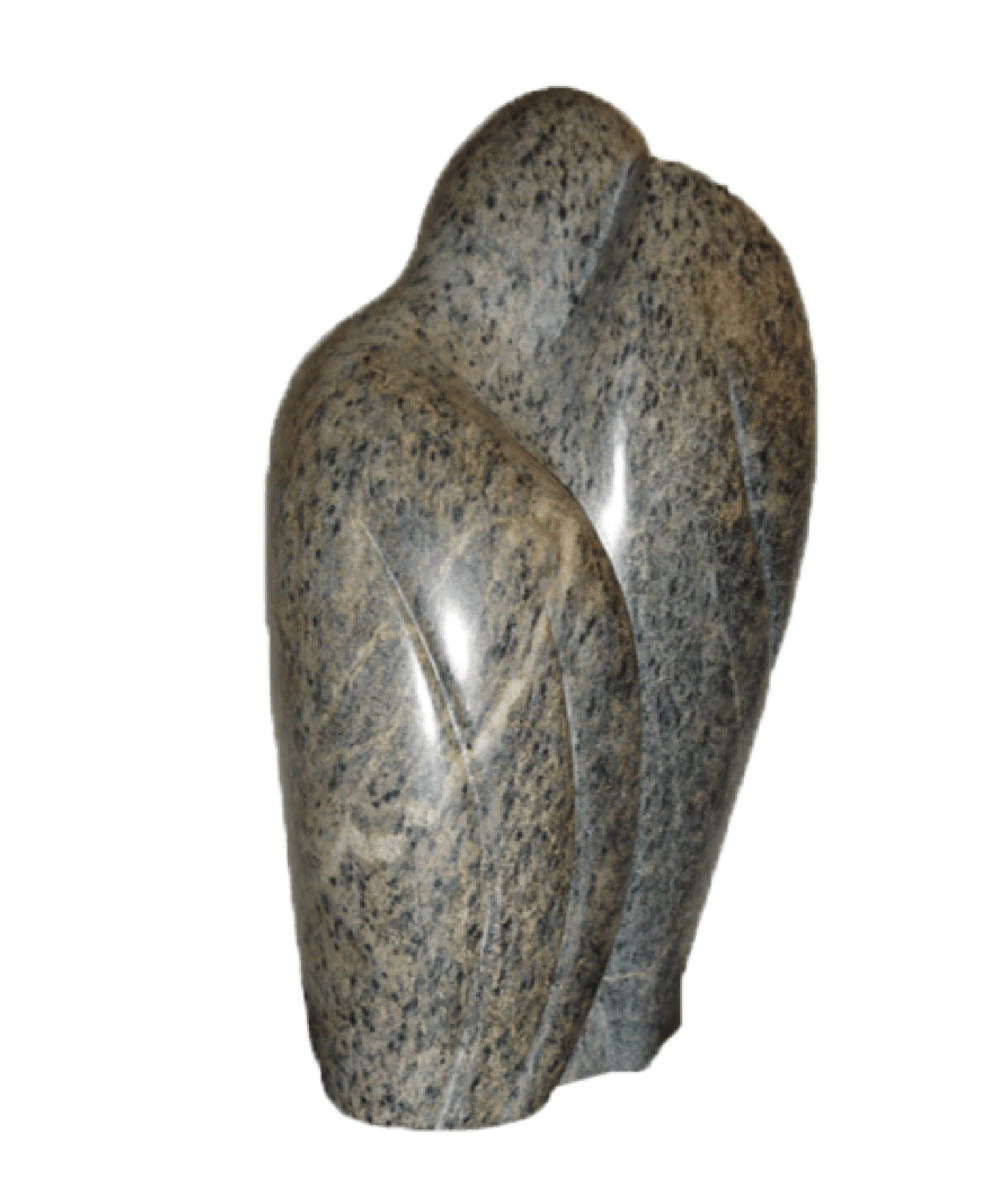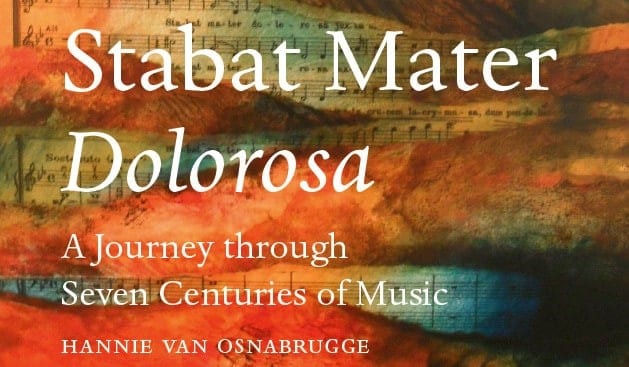Anonymous (Sicily)
About the composer
This Stabat Mater is still sung in Sicily during the Passion week. It is sung by one of the lay brotherhoods still in existence in villages of Sicily, like they can be found in Sardinia and Corsica. It was in the 13th century that the Franciscans founded the laudesi brotherhoods. As they were not allowed to play a role in liturgy, the laudesi sang in processions, certain Holy Week ceremonies and played a role in passion plays or religious mysteries celebrated on the church square. However, the style of singing in Sicily and Corsica is much more “civilized” as compared to the Sardinian Stabat Maters. Moreover, in villages throughout the southern part of Italy polyphonic Stabat Maters are still being sung during processions, for instance in the area of Naples.
About the Stabat Mater
| Date: | 1400-1600 |
| Performers: | Tenor and male choir |
| Length: | 2.18 minutes |
| Particulars: | The singing is polyphonic, using a tenor as lead voice. |
| Textual variations: | Only stanza 1 is performed. |
| Colour bar: |
Information about the recording
| CD: | Ethnica TA010: I Doli du Signuri |
| More info: | This CD is a recording of religious music, which still can be heard during the Passion Week in several Sicilian villages. The Stabat Mater was recorded in S.Stefano di Camastra, Sicily 1998. |
| Choir: | Corsican village people |
| Other works: | 31 religious Passion songs |
| Code: | Unknown (ANO SIC-01) |





